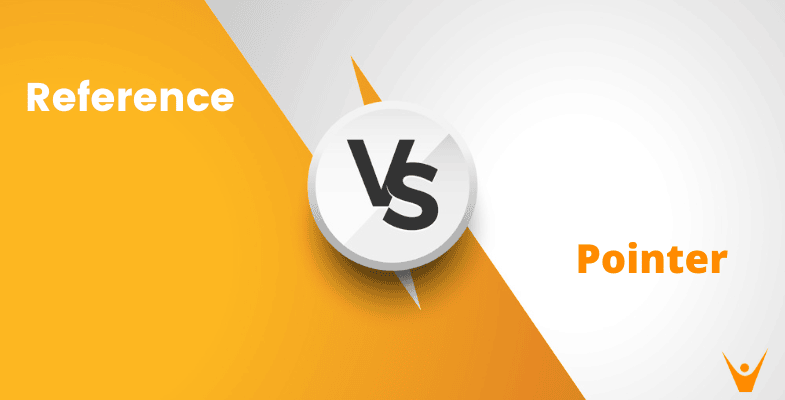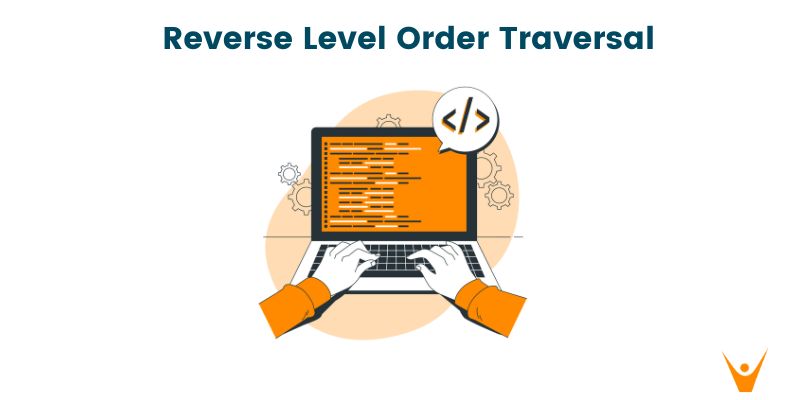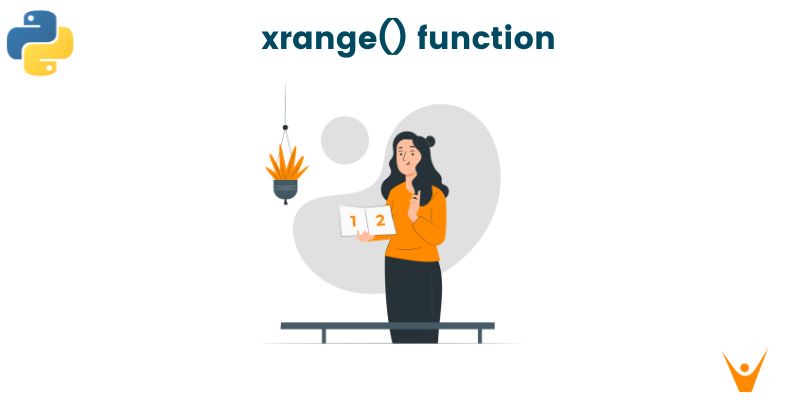In a computer system, memory is the most essential computer resource but it is also limited. That's where Pointers and References come in. Even though they may appear to be similar, there are many differences between C++ references and pointers. To understand this in-depth, let us know what both are and then compare them.
What is a Pointer in C++?
In C++, a pointer is a type of variable that contains a memory address of another variable located in the memory storage. So, a pointer directs the user to a location in memory where the value of the given memory address is stored.
In a C++ program, a pointer is used to access and modify the memory in an indirect manner. With the help of the “*” operator, a pointer can be referenced and dereferenced from a memory address. The syntax for a pointer is given below:
int* myPointer;
Here, the term myPointer is used to declare a pointer variable that points to an integer value. To learn how to initialize a pointer look at the following example,
int myVariable = 42; int* myPointer = &myVariable;
Here the address-of operator “&” shows the address of a variable which can be used to initialize pointers so that they point to a particular memory address. Thus, the above ‘myPointer’ points to the memory address of ‘myVariable’.
The dereference operator * is used to access the value stored at the memory address that a pointer points to, as in
int myValue = *myPointer;
By doing this, the variable myValue is given the value that is stored at the memory address that myPointer is pointing to.
Although pointers are a strong and useful component, they may sometimes be challenging to use properly. To prevent problems and security flaws like null pointer dereferencing or buffer overflows, they need careful memory management.
What are References in C++?
A C++ reference allows you to create an alternative name for an existing object. Similar to pointers, references provide an individual with the same indirect access and control over a particular memory in a program.
Let’s take an example and understand this.
int x = 5; int& ref = x;
With this, a reference variable called ref that points to the variable x is declared. Any modifications to the ref will also have an impact on x's value, and vice versa. Similar to how the original variable was used, reference variables can be used in the following ways:
void addOne(int& num) { num += 1; } int main() { int x = 5; addOne(x); cout << x; // outputs 6 return 0; }
The addOne function in this program increases the value of the integer reference argument num by one. Using its reference parameter, the function indirectly affects the value of x, and the cout declaration displays the modified x value, that is 6.
Reference vs Pointer in C++
Following are some key differences between a C++ reference and a C++ pointer:
- Declaration: In a pointer, it is not required to give it a value at the point of declaration whereas in a reference it must be initialized with a value.
- Syntax: Pointers use the symbol of asterisk to declare the pointer variable while the references use & operator to specify references before the variable name.
- Null value: Pointers can be assigned a null value while a reference cannot be assigned a null value.
- Arithmetic operations: In a pointer, operations like arithmetic, logic, and more can be easily performed but this is not possible in a reference variable.
- Re-assigning: After declaration, a pointer can easily be reassigned to another variable of the same data type but this is not possible in references.
- Memory Address: A reference and a pointer share the same memory address, but a reference also occupies some stack space. A pointer has its memory address and size on the stack.
Check the complete table of differences for Reference vs Pointer:
| References |
Pointers |
| Must be initialized when declared | Can be declared without initialization |
| Cannot be reassigned to refer to another object | Can be reassigned to point to different objects |
| Cannot be null | Can be assigned a null value |
| Cannot have arithmetic operations | Can perform arithmetic operations |
| Automatically dereferenced | Must be explicitly dereferenced |
Why are References safer than Pointers?
C++ References are considered safer than pointers because of nullability and automatic dereferencing. Since References cannot be null, they can't lead to undefined behavior or memory crashes. Also, you do not need to explicitly dereference a reference like a pointer. References provide a cleaner syntax as well.
Which is Faster?
We know that References are typically faster than pointers in C++. This is because there is one less degree of indirection when retrieving references than when accessing a pointer, code running may proceed more quickly.
Moreover, the compiler typically optimizes references to generate code that is more effective than the pointer variables. However, for small applications or straightforward tasks, the difference in speed between pointers and references might not be apparent.
According to the particular implementation and optimizing methods developed by the compiler, pointer methods may occasionally even be quicker than reference operations.
Conclusion
We discussed all the main differences between References and Pointers in C++. Both pointers and references have benefits and drawbacks, and the optimal option will depend on the particular needs of the program and the programmer's preferences.








